Top 10 Best IOT Companies In India 2023

Top 10 Best IOT Companies In India 2023
IoT development has become a consistent part of everyone’s life, even though it may appear futuristic. Making objects “intelligent” and interconnected through a computer network is beneficial. With the use of these connections, businesses may gather and share data, remotely operate equipment, or define a device’s rules of operation. With the support of AI-based analytics, IoT development services offer a range of embedded connection options.
Through the integration of IoT apps, cloud services, mobile devices, and physical objects into a hyper-connected ecosystem centred on end-users, Internet of Things development companies in India assist start-ups and even enterprise businesses with custom IoT development services that can help them provide visibility over devices, supervise their operational efficiency, and set up processes.
Developers of the Internet of Things support practically every sector, from banking and healthcare to manufacturing and transportation. We created a list of the top 10 IoT companies and firms in India after examining each one’s offerings, team size, experience, and other factors. This list is meant to assist businesses in finding their ideal IoT development partner. Each of the mentioned organizations is present in one or more Indian cities, including Mumbai, Pune, Delhi, Bangalore, Hyderabad, Ahmedabad, and others.
Introduction
When a hybrid device (mobile, computer, or machine) is connected to the internet, real-time data may be transmitted without the involvement of any people. Real-time data is used to its full capacity, and this helps to significantly influence how technology will develop in the future.
- Several factors have contributed to the growth of IoT businesses in recent years, including:
- IoT solutions are receiving substantial investment from important sectors in India. IBM, Samsung, and Microsoft are the top three.
- Objects can be connected to offer operational benefits. IoT solutions are powerful because they can easily process a variety of data. IoT technology providers let brands communicate, store, and compute for less money.
- Artificial intelligence has seized control of the process (AI). The use of IoT technologies has significantly increased preventative maintenance, predictive maintenance, and other maintenance practices.
- Top firms take care to leverage the most recent technology while delivering these solutions.
Data processing has helped IoT solutions. The French regulatory authority for electronic communications and post offices came to an Arcep accord in 2016. The book claims that connected devices’ use of data processing has the most positive impact on the globe.
Top 10 Best IoT Companies In India 2023
1. Hyperlink InfoSystem

Hyperlink InfoSystem was established in India in 2000 and maintains sales offices there as well as in the United Arab Emirates. The firm offers design and consulting services in addition to web and app development, AI solutions, Salesforce solutions, IoT and embedded development, AR/VR, Blockchain, CRM systems, and many more services.
Since 2011, the business has worked with around 2300 clients. Throughout this time, more than 4,000 applications, 2000 websites, and 200 projects on the newest technologies—including IoT, AI, Salesforce, and many others—have been delivered. With their more sophisticated and creative use of technology, they can provide your company with the greatest IoT-based solutions, putting you at the forefront of this digital era.
2. Tata Consultancy Services
India’s TCS is one of the most well-known IT businesses in the world and is regarded as one of the most valued providers of IT services. The firm offers a variety of services, including those related to enterprise app development, automation, artificial intelligence, blockchain, the Internet of Things, cloud computing, and mobile apps. It was started in 1968 and now has 149 sites throughout 46 nations.
3. HCL Tech

They specify the appropriate IoT landscape before you start your IoT journey. They assist you in comprehending your company requirements and provide a rapid ramp-up for learning about your IoT requirements and solutions, allowing you to hasten market entry and lower risk.
4. Tech Mahindra
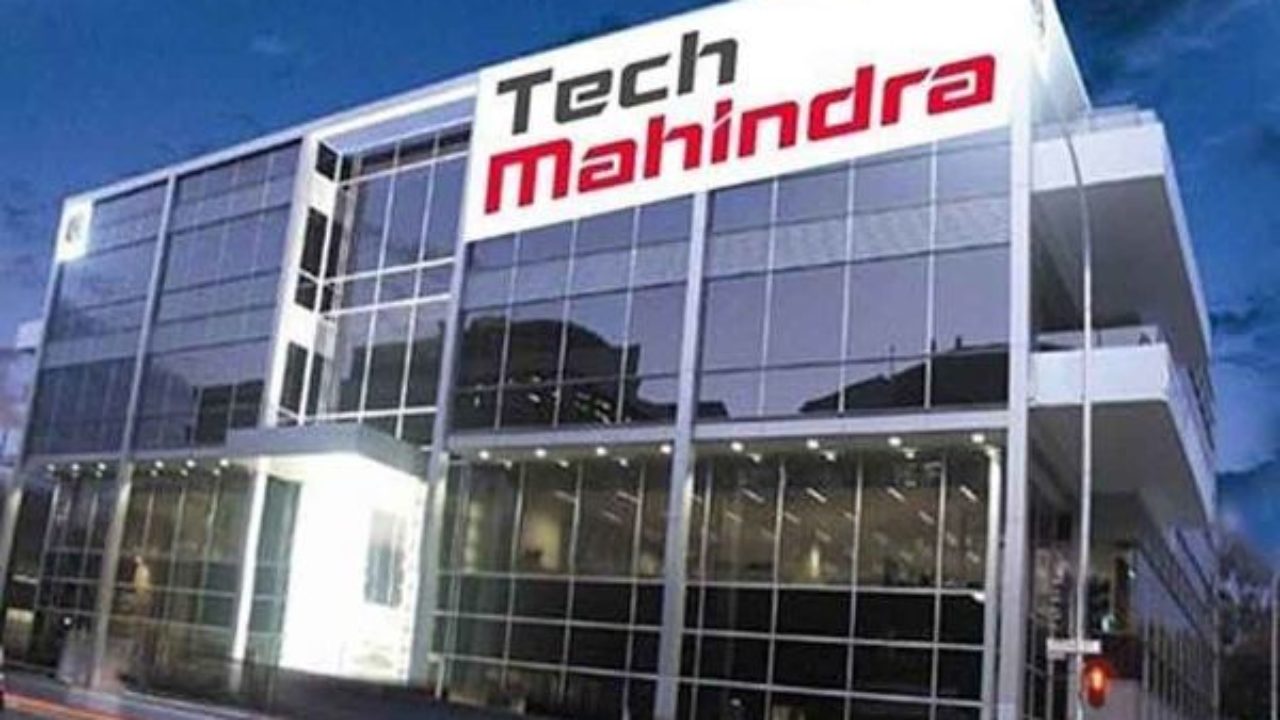
Customers come to them for assistance with both digitalizing their goods and planning, building, and creating brand-new digital services. They provide IoT services that deliver insights, monitoring and tracking, predictive and cognitive analysis, and productivity improvements.
5. Mindtree

You may finish your path of digital transformation by integrating IoT services with the real world. By utilizing IoT and data to increase operational efficiency, they enhance customer experience, increase productivity, reduce costs, and provide new revenue model choices.
6. Infosys
Infosys Limited is a global corporation with its headquarters in India that offers outsourcing, IT support, and business consulting services. Infosys is TCS’s closest competitor in terms of revenue. The corporation has 123 development centres located in several nations in addition to 82 sales and marketing offices.
7. LTI
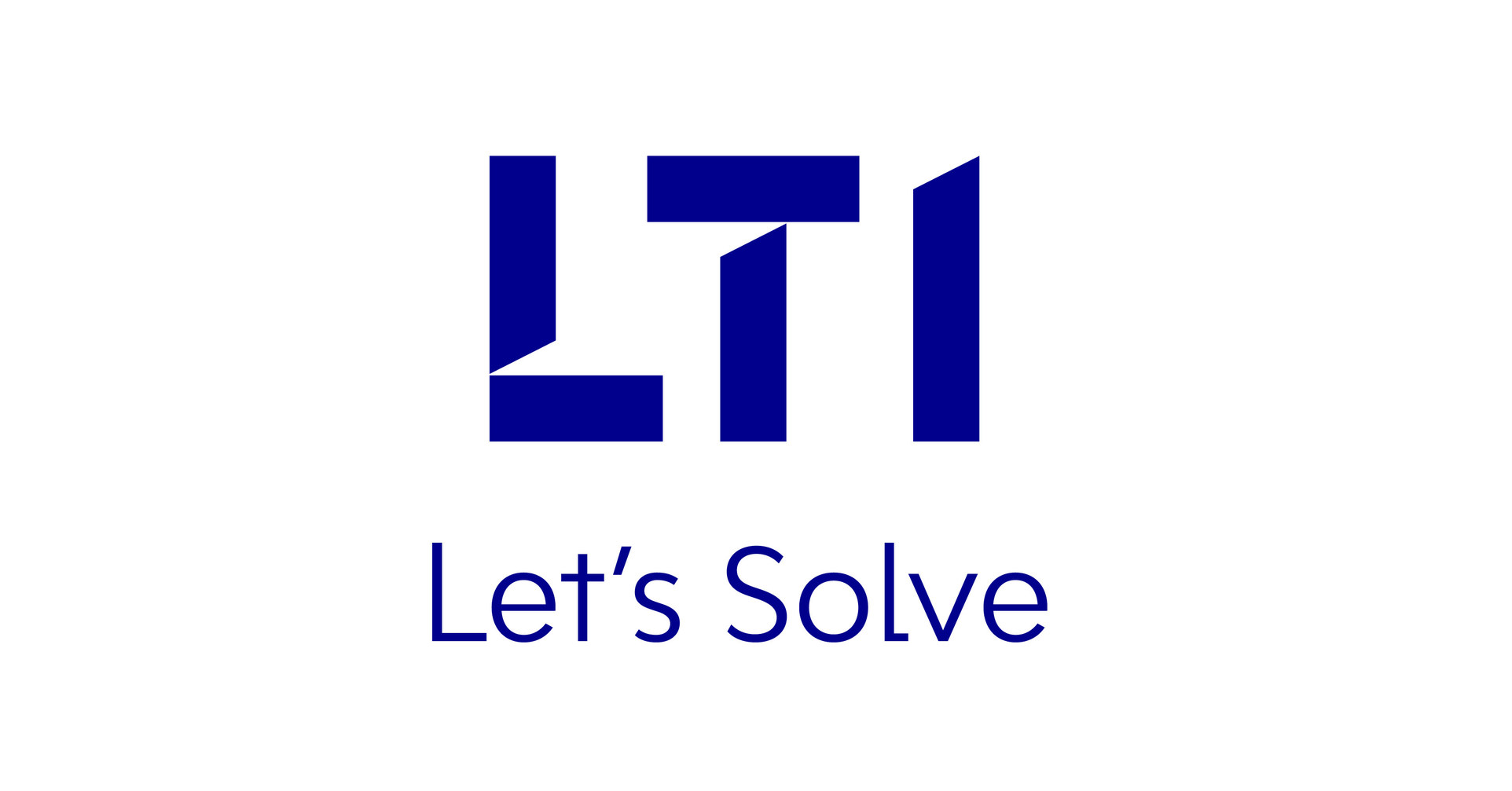
LTI gives high-tech businesses the ability to develop more quickly and work in real-time for a variety of benefits, including predictable yields and reduced costs. They use a physical-digital convergence to visualize, forecast, and maximize asset operations, producing a quicker return on investment.
8. Wipro
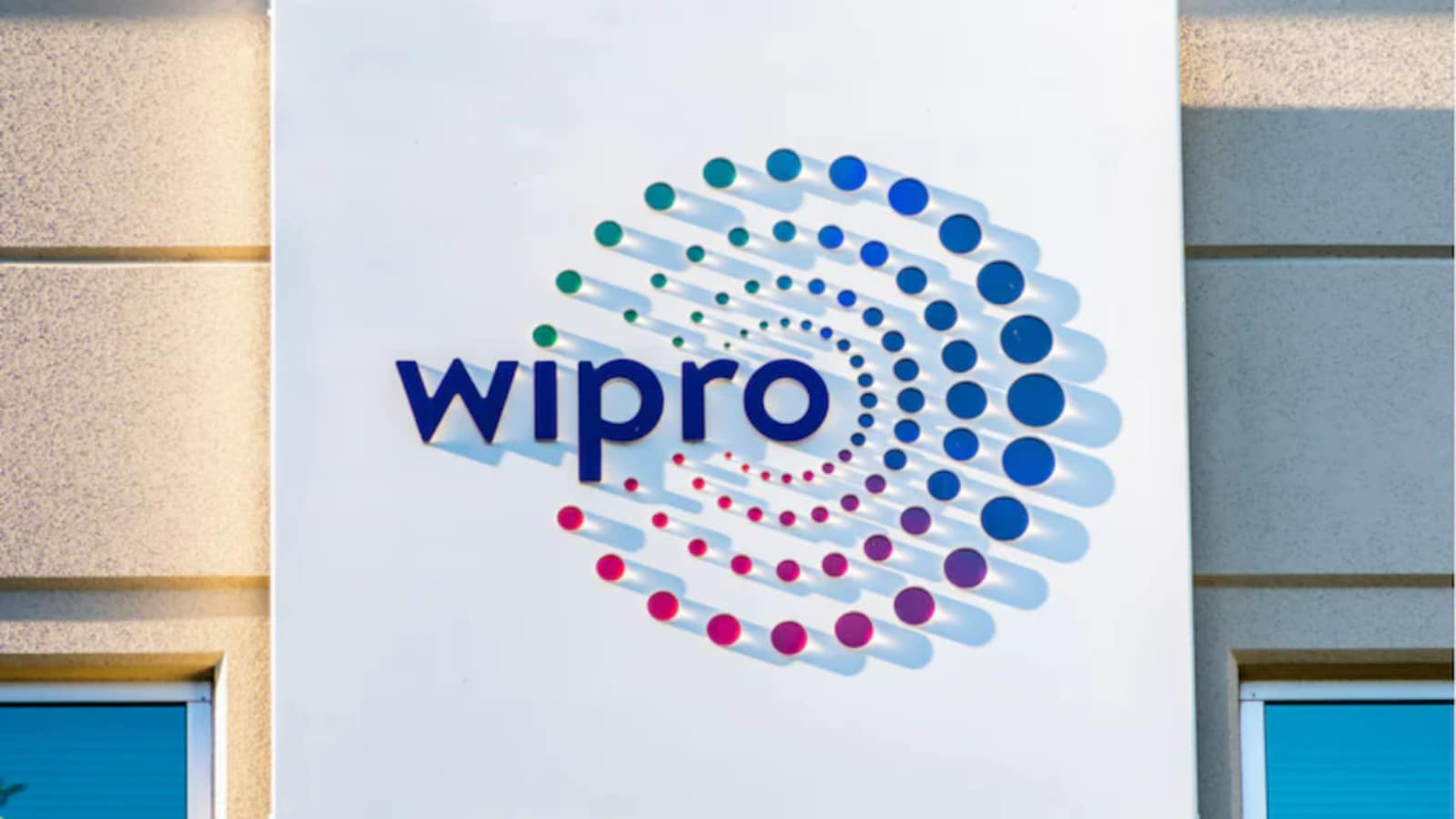
Old and new items may be connected invisibly using Wipro’s Internet of Things solutions. The Multi-Protocol IoT Gateway Framework allows for the selective transmission of data to backend systems utilizing a variety of heterogeneous protocols that support IoT at the edge.
9. Mphasis

Blockchain technology and IoT devices are integrated into Mphasis’ claims management solution as a means of automating claims in the insurance sector. The whole process of a connected device’s problem detection, repair, and subsequent claim management may be automated using blockchain technology.
10. HData Systems
HData Systems, an Indian company, offers firms analytical methods to assist them to improve performance and efficiency. IoT & Embedded, big data analytics, AI, machine learning, and automation are additional to app development. HData Systems provides data-driven strategies that assist organizations in doing analysis and assisting them in achieving their objectives through scalable and trustworthy analysis. For its international clientele, HData Systems provides a range of services, such as IoT analysis, development, data science, big data, AI/ML, and other services.
Continuous IoT Company Growth in India
The proliferation of gadgets and new technologies has caused IoT firms to overgrow in the market today, which has led to the birth of cutting-edge principle technologies. The advancement of sensors, computing power, and other dependable technology is essential for future progress. Investment in IoT is anticipated to increase by 13.6% yearly in 2022.
Sensor technology is used by devices. Future versions will be more sophisticated and broadly accessible, providing cost-effectiveness, monitoring capability, and widespread detection. In the meantime, computing power has multiplied one hundred times since the mid-1990s. Local devices can become cloud and edge computing systems with the help of real-time analytics and artificial intelligence applications.
The combination of tablets, PCs, and smartphones—which together number more than 5 billion—creates a significant industry. IoT firms’ new responsibility will be to connect current IT devices with IoT applications. Private equity firms should reassess the value that might be found in the IoT industry.
The following sectors benefit greatly from IoT businesses!
As more individuals become familiar with and oriented toward the IoT, smart buildings are growing in popularity. Almost everyone is familiar with automation, but wireless automation is a very other matter.
One of the reasons that smart AC controllers, Google Alexa, Amazon Echo, and smart lighting have been created is because of this. Some sectors have changed their business practices thanks to the top IoT businesses. These are them:
- Manufacturing
With the development of the Internet of Things, manufacturing units may now gain from improved automation, analytics, and data collecting. They will automate and accelerate Industry 4.0 to improve workflow and analytics.
With IoT apps, which simplify machinery to maximize output, manufacturing has become more accessible. Smart fail-safe systems gather data, facilitate preventative maintenance, automate recovery in the event of failures, and integrate analytics to enhance productivity.
- Energy Utility
Buildings must take energy saving into account first and foremost, making this industry one of the key ones to use technology. Companies will be able to precisely track their energy use by using an energy management system, leading to considerable savings.
- Healthcare
Data about patients must be accessed and used over an extended period of time. Data on patients must be accessed and consumed, which takes time.
- Retail
The retail industry is witnessing significant changes as a result of firms enabling marketers to take advantage of a variety of applications. It can do a variety of things, like boost productivity and sales, optimize in-store layouts, enhance operational compliance, save energy costs, and implement automated checkouts.
IoT applications are already being used by certain merchants. Industries are seeing the advantages of IoT solutions as they automate and enhance their operations. By catering to the IoT market, IoT firms may provide the finest solutions to a variety of sectors.
Advantages of IoT
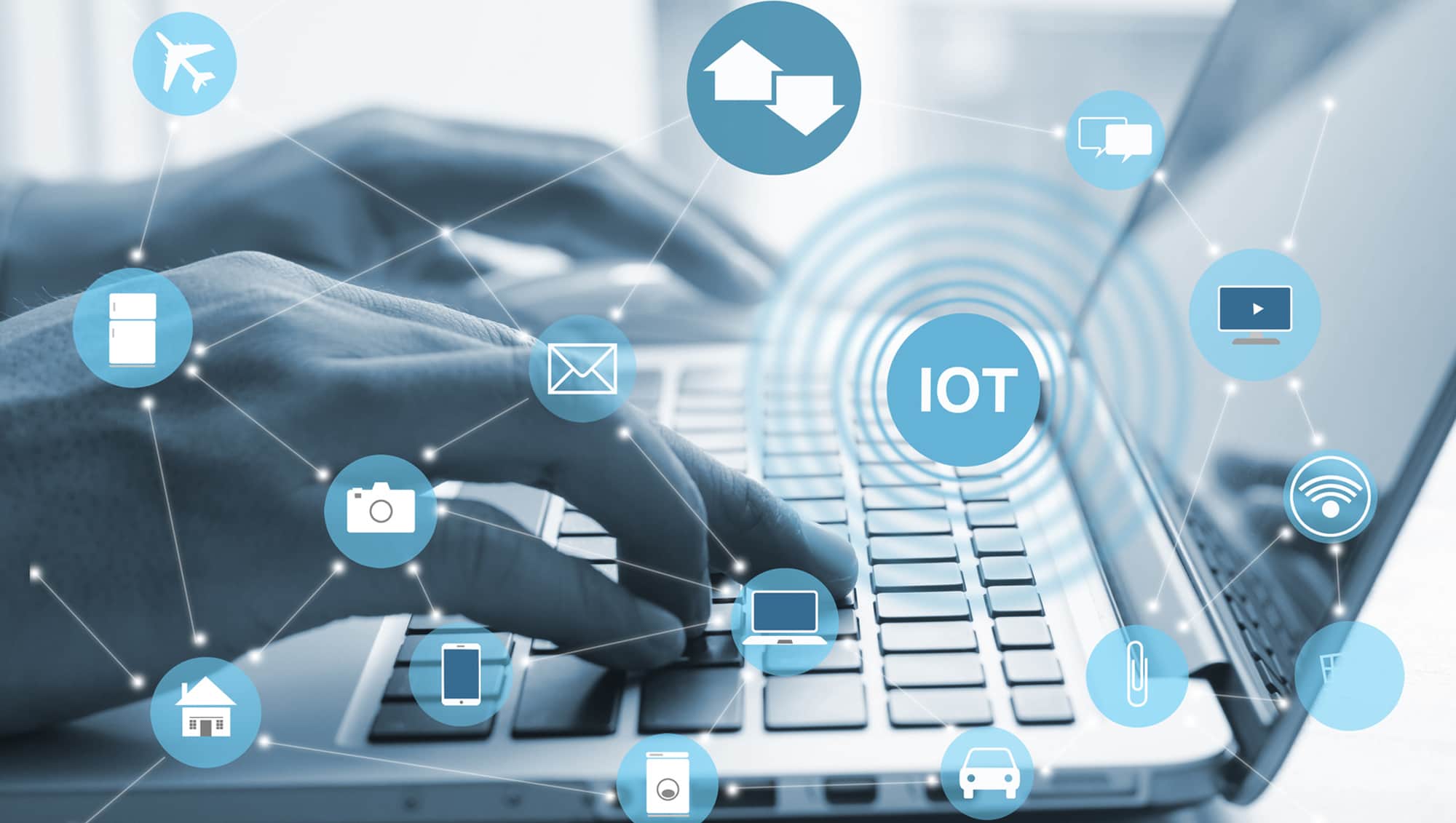
IoT is characterized by two factors:
- Automation: The ability of different hardware components to interact with one another directly without human intervention is a fundamental IoT principle.
- Connectivity: The expansion of links inside a single global network facilitates information access.
Given these qualities, the Internet of Things will need to use a variety of technologies to transmit, evaluate, and automatically respond to numerous devices. Automation would not be feasible without AI, ML, and Big Data, and connection would be substantially aided by cloud computing and wireless technology.
As a result of these qualities, the Internet of Things offers several benefits. Despite the fact that this evaluation focuses mostly on the advantages of firm for enterprises, it seldom acknowledges its use in homes and by individuals. The majority of these benefits are also interconnected, which causes a positive chain reaction when one leads to another.
- Enhanced employee output and lower labour expenses
Human resources may be allocated to more sophisticated jobs that call for analytical expertise and the capacity to think outside the box in a world where IoT is replacing routine chores. By reducing the number of personnel needed, corporate operations may be made more affordable in this way.
- Managing operations effectively
Intelligent devices link to provide several advantages, including inventory management, shipping tracking, fuel and spare part management, among others, in addition to providing automated control of numerous operational areas. For instance, it is possible to track the position of equipment and items using an RFID tag in conjunction with a network of sensors.
- More efficient utilization of resources and assets
Improved resource efficiency is made possible by using networked sensors to automate scheduling and monitoring, which results in better water and power use. For instance, motion detectors may save water and power costs significantly, increasing the efficiency and eco-friendliness of both small and large organizations.
- Economical operation
The equipment’s increased production rate, which is made possible by autonomously planned and managed maintenance, raw material supply, and other manufacturing requirements, may result in better profitability in addition to shorter downtime times. Similar to how departments manage better, IoT devices also improve the overall corporate structure.
- Greater workplace safety
In addition to the benefits listed above, a regular maintenance program also provides various benefits for assuring operational safety and compliance with applicable requirements. A safe workplace enhances a business’s reputation and trustworthiness, which increases its appeal to clients, partners, and employees. Devices employed in cutting-edge enterprises also lower human error at various company operation stages, increasing safety as a result. Using the internet of things (IoT) for security also has the added benefit of preventing theft and even corporate espionage.
- Constructing a thorough marketing plan
Using household smart devices, particularly voice assistants and other gadgets that speak directly to customers may dramatically improve business analyses. IoT data is used by businesses to do things like target advertising, execute pricing strategies, and other management and marketing-related tasks.
- Better client service and retention
Additionally, the aforementioned user-specific data collected by smart devices might assist businesses in better understanding the expectations and behaviour of their consumers. IoT supports follow-ups after-sales, including automatic tracking and informing clients about needed maintenance after the equipment has been in use for a certain duration, including when warranties expire. This improves customer service in addition to other areas.
- Better prospects for business
Additionally, businesses that employ IoT solutions may provide a wider variety of goods and services than their rivals or raise the calibre of their goods while maintaining the same pricing. As an alternative, such a business may accept more difficult projects depending on their difficulty, length of completion, or volume of output. A clever business solution raises an organization’s competitiveness and allure potential business partners.
- A more reliable perception of the business
The Internet of Things fosters a positive perception among customers, investors, and other business partners for companies that deploy high-tech solutions. If a company offers a safe and secure network of intelligent devices, it is also easy to hire personnel with broad expertise.
Conclusion
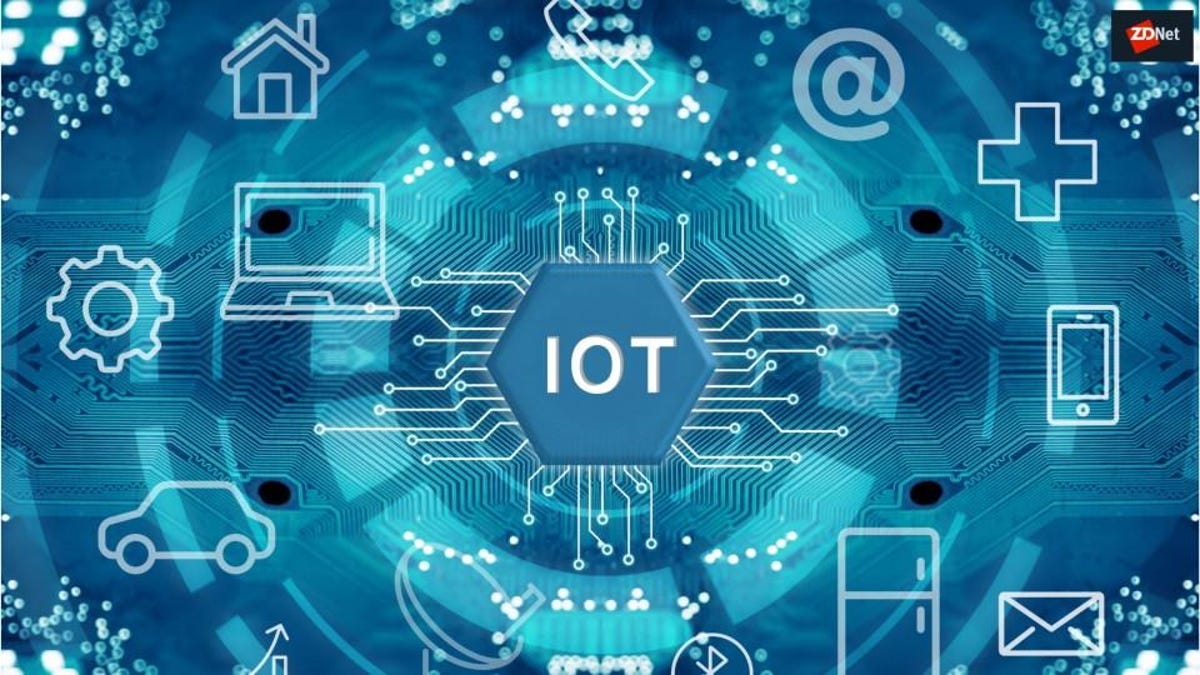
The Internet of Things is properly regarded as one of the most exciting and beneficial emerging digital technologies in the near future. Despite the fact that IoT solutions are still in their infancy, their benefits are strong and outstanding.
But it’s crucial to keep in mind that integrating IoT into a business takes a sizable skill set in order to reap its advantages without experiencing its drawbacks. Thus, the best course of action for them to achieve a successful IoT solution is to rely on the experience of a reliable and skilled specialist.
An electrical, sensor, and software-enabled network of linked physical things are known as the Internet of Things (IoT). These nodes, which are linked items, communicate with one another online. By 2025, there will be 22 billion linked devices worldwide. Industries including manufacturing, agriculture, healthcare, transportation, media/advertising, retail, water and waste management, power distribution, etc. may all benefit from the deployment of IoT technology.
IoT is employed in many different applications, including smart solar panels, smart homes, smart parking, smart healthcare, smart traffic lighting, and smart water level monitoring. It is necessary for the industry and other contexts to achieve high production, efficiency, a safe working environment, and minimal carbon emissions. Several startups are focusing heavily on developing smart solutions for the manufacturing and healthcare industries. The 100 Smart Cities Mission was launched by the Indian government in 2016 and will be finished in 2024.
In order to build smart cities, state governments have invested over Rs 2 lakh crore, and another Rs 4.5 lakh crore is planned. The Internet of Things has several uses in smart cities. Controlling traffic, gathering energy from solar panels on buildings and LED lighting, conserving water using smart meters, and other smart technologies are used in IoT.
Network security, cloud computing, and data analytics are the three primary enabling technologies for IoT implementation. Cloud services are provided by a number of businesses in India, which lowers the cost of smart city solutions. In the IoT, data security is also a very difficult problem.
With the rollout of 5G networks, IoT usage rises. IoT solutions will be essential with a 5G connection for home automation, security, and a number of other industrial concerns. IoT-related employment is growing by the thousands every day. By the end of 2022, the Indian government hopes to have 5G installed in select cities. In numerous nations, including China, Korea, Japan, and America, 5G networks have already been installed.





